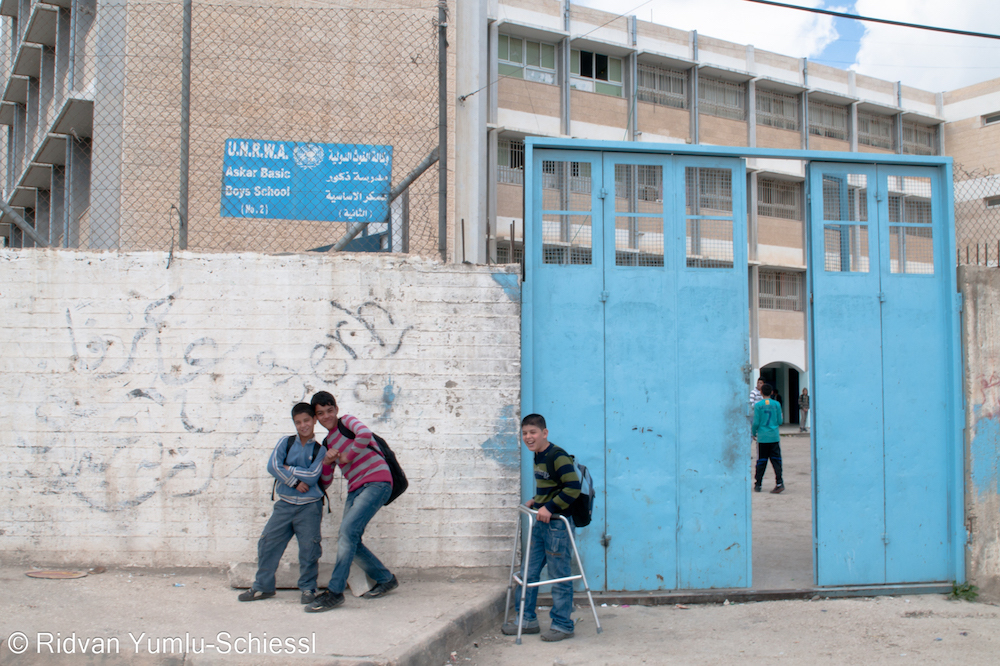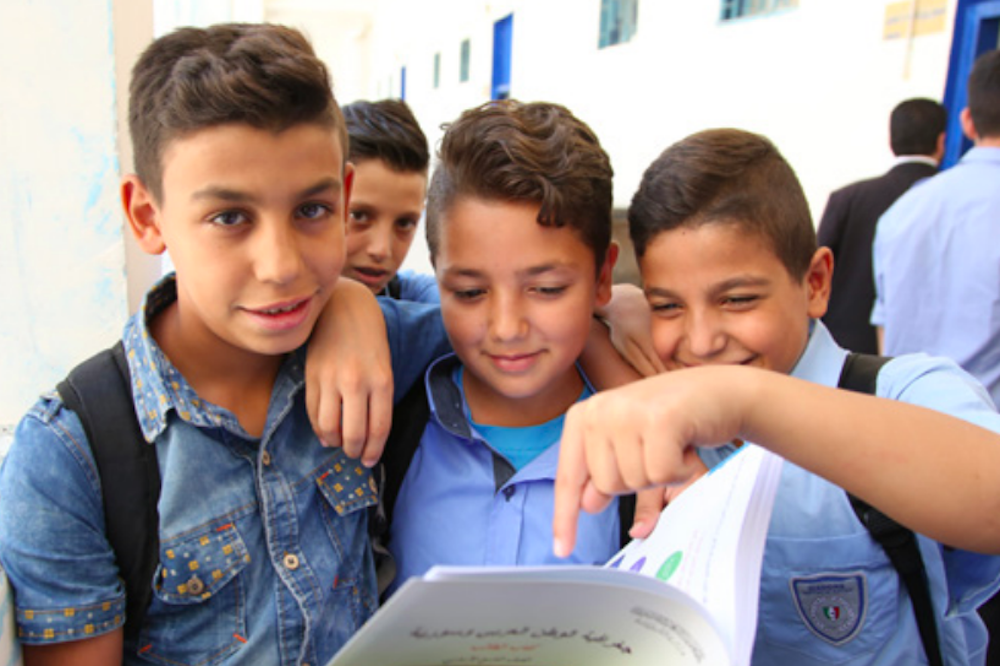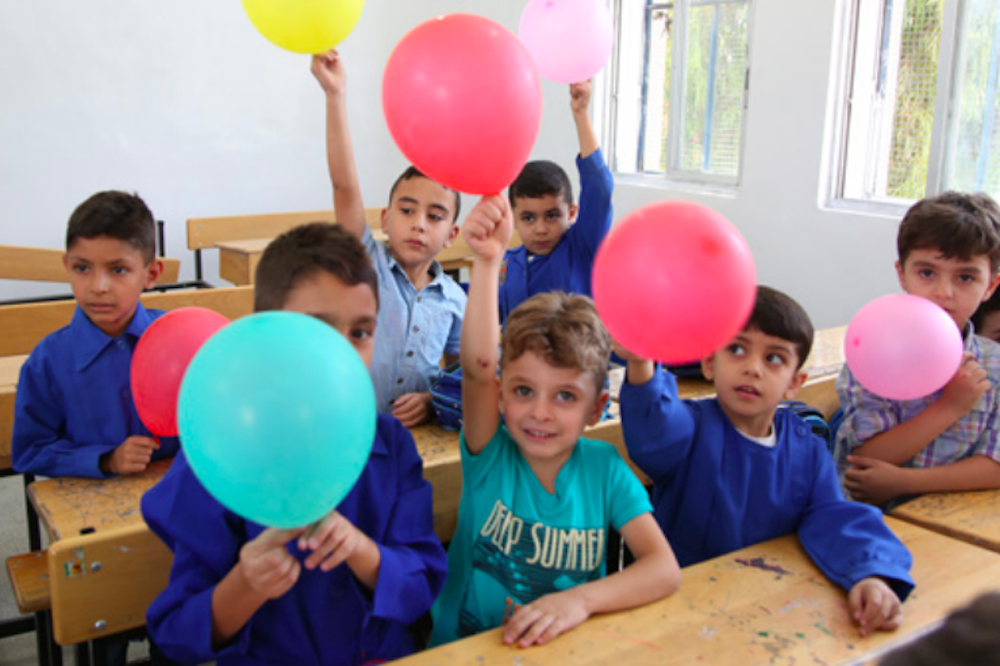
Against backdrop of UNRWA funding crisis, 61 Palestinian schools are at risk of demolition or shutdown

Education funding, Education in emergencies, Right to education, Safe schools, Safe Schools Declaration
The future of education for 525,000 Palestinian children has been making global headlines after a funding crisis caused by cuts in American aid.
Many countries are rallying round to help UNRWA after the United Nations agency that runs 711 schools in the Middle East warned of the “catastrophic” effect on its programmes.
But the future of 61 schools in the West Bank is in doubt for another reason. Aid agencies Save the Children, Norwegian Refugee Council and Action Against Hunger have warned the schools have pending demolition or “stop work” orders from Israeli authorities.
One of them – a Palestinian primary school built with European donor funding – faces being demolished in the next few days.
It is the only school serving the Bedouin community of Al Muntar, on the edge of East Jerusalem. A court injunction protecting it from demolition expires tomorrow.

UNRWA schools provide education for over half a million Palestinian children (UN Photo)
“Children’s fundamental right to education is under growing threat,” said Save the Children’s Country Director Jennifer Moorehead.
“The school in Al Muntar, a very remote and vulnerable community, has enabled children and especially girls to attend school for the first time. Now children as young as five face having their future demolished before their eyes.
“These safe spaces for children must be protected not destroyed. Globally we see more and more governments signing up to the Safe Schools Declaration, yet Palestinian schools are facing ever greater threats.”
The aid agencies said that if the Al Muntar primary is demolished, many of the children may be forced to drop out of education altogether. The nearest schools are several miles away and only accessible by foot or donkey.
Gonzalo Codina, Country Director for Action Against Hunger, said: “Now that a donor-funded school is again at risk of being demolished, we have to ask: Where can these children study safely?”

UNRWA schools allow many children to access education for the first time (UN Photo)
The agencies said thousands of children had been under threat simply for going to school in the West Bank. These included threats of violence and harassment from Israeli settlers or soldiers on the journey to school, military activity in or around their schools, military or police arresting and detaining children from their classrooms, and threats of destruction and demolition of schools.
In August, Israel demolished Palestinian schools in the West Bank just as children were returning to classes after the summer holidays.
Meanwhile, an international donor conference will be held in March to discuss the UNRWA funding crisis. Its major donor, the United States, announced recently it was cutting an aid package from $125 million to just $65 million. The Palestinian ambassador to the UN, Riyad Mansour, said the conference would probably be held in New York or Geneva.
European countries – including Belgium, Sweden and Norway – stepped in to help fill the funding gap by disbursing promised money immediately. Switzerland is now also advancing its 2018 contribution.
UNRWA educates children at 711 schools in Gaza, the West Bank, Jordan, Lebanon and Syria, and employ 20,000 people
The agency launched an $800 million appeal for its emergency programmes yesterday – about $400 million for Syria and $400 for Gaza and the West Bank.
More news

